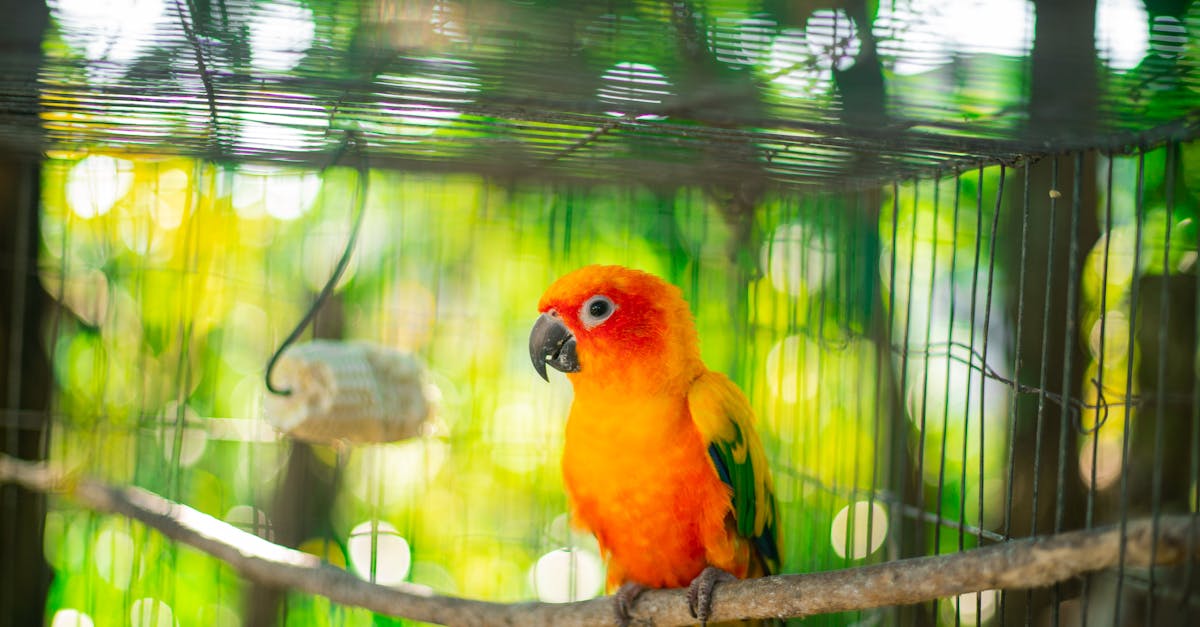Are you considering adding a Bronze-Winged Pionus to your family? These stunning parrots are known for their striking plumage, calm demeanor, and charming personality. Whether you're a first-time bird owner or an experienced avian enthusiast, understanding the needs and history of this species will help you provide the best care possible.
🦜 What Is a Bronze-Winged Pionus?
The Bronze-Winged Pionus (Pionus chalcopterus) is a medium-sized parrot native to South America. They can be found in countries like Venezuela, Colombia, Ecuador, and Peru, typically inhabiting forested and subtropical regions. Their name comes from the metallic bronze sheen on their wings, which shimmers beautifully in sunlight.
These parrots are part of the Pionus genus, which includes eight species. While not as flashy as some of their parrot cousins, they are cherished for their subtle beauty and gentle temperament. Adult Bronze-Winged Pionus parrots are about 11 inches long and weigh around 200–250 grams.
🌎 History and Natural Habitat
The Bronze-Winged Pionus has long thrived in the mountainous and forested regions of South America. They are particularly common in the Andes, where they live in small flocks or pairs. Their natural diet consists of fruits, seeds, nuts, and blossoms, often foraged high in the tree canopy.
In the wild, these parrots play an essential role in their ecosystem. By consuming fruit and dispersing seeds, they contribute to forest regeneration. Unfortunately, habitat loss and the pet trade have impacted their population, making responsible ownership crucial for their conservation.
🪶 Personality and Behavior
Bronze-Winged Pionus parrots are known for their calm and reserved nature compared to other parrot species. They are not as loud or demanding as macaws or cockatoos, making them a great choice for quieter households. However, this doesn’t mean they lack personality!
When properly socialized, these birds can be affectionate, playful, and loyal. They enjoy interacting with their human companions but also value their independence. Be prepared for occasional displays of curiosity and mischief, as they love exploring their surroundings.
- Quiet and gentle demeanor
- Affectionate but not overly clingy
- Playful and curious
- Can be shy with strangers
🍎 Diet and Nutrition
Providing a balanced diet is crucial for your Bronze-Winged Pionus’s health. In the wild, they eat a variety of fruits, seeds, and plant materials. In captivity, a high-quality pellet-based diet should form the foundation of their meals.
Supplement their diet with fresh fruits and vegetables, such as apples, carrots, broccoli, and leafy greens. Avoid foods high in fat, salt, or sugar, and never feed them toxic foods like avocado, chocolate, or caffeine.
- Base diet: High-quality pellets
- Fruits: Apples, berries, mango
- Vegetables: Carrots, spinach, broccoli
- Avoid: Avocado, chocolate, alcohol
According to the National Research Council, a parrot’s diet should meet specific nutritional requirements for vitamins, minerals, and protein (source).
🏠 Housing and Enrichment
Bronze-Winged Pionus parrots need a spacious cage to accommodate their active lifestyle. The cage should be at least 24 x 24 x 36 inches, with horizontal bars for climbing. Place perches of varying sizes and materials inside to keep their feet healthy.
Enrichment is essential to prevent boredom and stress. Provide toys that encourage foraging, chewing, and problem-solving. Rotate toys regularly to keep their environment stimulating. Allow them supervised out-of-cage time daily to exercise and interact with you.
- Cage size: Minimum 24 x 24 x 36 inches
- Perches: Natural wood, rope, and varying diameters
- Toys: Foraging puzzles, chewable items
- Daily out-of-cage time: 2–4 hours
💡 Health and Common Issues
Like all parrots, Bronze-Winged Pionus are prone to certain health issues. Respiratory infections, feather plucking, and obesity are some common concerns. Regular vet check-ups and a healthy lifestyle can help prevent these problems.
Watch for signs of illness, such as lethargy, changes in appetite, or unusual droppings. If you notice any of these symptoms, consult an avian veterinarian immediately. Early intervention is key to keeping your bird healthy.
- Respiratory infections: Wheezing, nasal discharge
- Feather plucking: Stress or nutritional imbalance
- Obesity: Overeating or lack of exercise
- Signs of illness: Lethargy, appetite loss
According to PetMD, a well-balanced diet and mental stimulation are essential for preventing behavioral and health issues in pet birds (source).
🛠️ Training and Socialization
Training your Bronze-Winged Pionus is a rewarding experience that strengthens your bond. These parrots respond well to positive reinforcement, so use treats and praise to encourage good behavior. Start with simple commands like step-up and gradually introduce more complex tricks.
Socialization is equally important. Expose your bird to new experiences, people, and environments early on to reduce fear and shyness. Always approach training sessions with patience and consistency.
- Use positive reinforcement: Treats and praise
- Start with basic commands: Step-up, step-down
- Gradually introduce new experiences
- Be patient and consistent
FAQs
Q: Are Bronze-Winged Pionus parrots good for beginners?
A: Yes, their calm temperament makes them suitable for first-time bird owners, but they still require time and commitment.
Q: How long do Bronze-Winged Pionus live?
A: With proper care, they can live 25–30 years, and some even reach 40 years.
Q: Do they get along with other pets?
A: They can coexist with other pets if properly supervised, but always monitor interactions to ensure safety.
Q: How can I tell if my parrot is stressed?
A: Signs include feather plucking, loss of appetite, or excessive vocalizations. Consult a vet if these symptoms persist.
References
- National Research Council – Nutrient Requirements of Dogs and Cats
- PetMD – Common Behavioral Problems in Parrots
- The Spruce Pets – Bronze-Winged Pionus
Book a $49 online vet consultation at https://www.dialavet.com for fast, expert advice.























